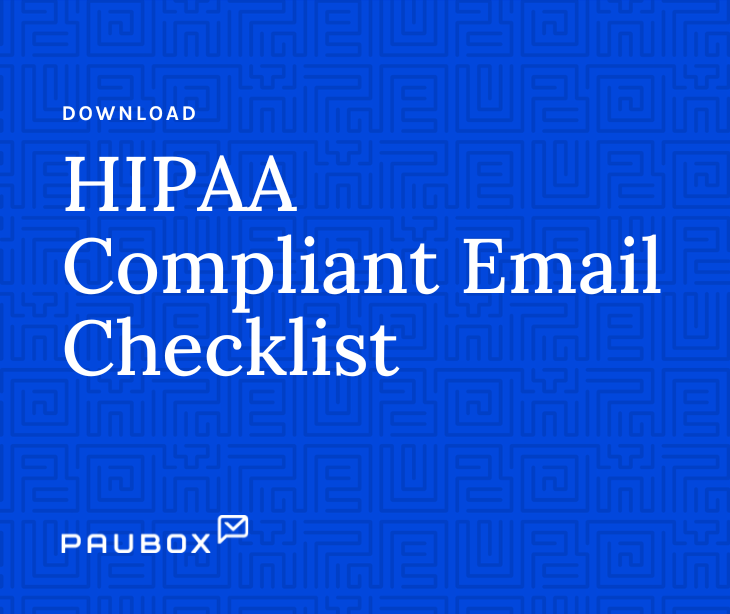
Encryption protects the healthcare industry for sensitive patient information, ensuring confidentiality, integrity, and authenticity. Healthcare organizations can safeguard patient data from unauthorized access, breaches, and cyber threats by implementing encryption protocols and complying with relevant standards and regulations.
What is encryption?
Encryption is converting plain text or data into a coded form, known as ciphertext, to prevent unauthorized access. It involves using an encryption algorithm, or cipher, and a unique encryption key to transform the original data into an unreadable format.
The ciphertext can only be deciphered and converted back into its original form, known as plaintext, by someone possessing the correct decryption key.
The importance of encryption in healthcare
Encryption protects sensitive patient data from unauthorized access at rest and in transit. It ensures that only authorized individuals or systems can access and interpret the information, providing an additional layer of security against potential breaches.
Encryption is essential in the healthcare industry due to the sensitive nature of patient data, including protected health information (PHI) and financial information.
Encryption algorithms and key lengths
Encryption algorithms are mathematical formulas used to encrypt and decrypt data. They determine the strength and complexity of encryption. Various encryption algorithms are available, each with its own advantages and levels of security. Some commonly used algorithms in healthcare include Advanced Encryption Standard (AES), Triple Data Encryption Standard (3DES), and RSA.
The key length is an essential factor in determining the strength of encryption. It refers to the size of the encryption key used in the algorithm. Longer key lengths provide stronger encryption, making it more difficult for unauthorized individuals to decrypt the data without the correct key. Standard key lengths include 128-bit, 192-bit, and 256-bit.
Encryption in healthcare
Encryption is extensively used in various aspects of healthcare to protect patient data and ensure compliance with privacy regulations. Some key use cases of encryption in healthcare include:
- Data Storage Encryption: Healthcare organizations encrypt data at rest, such as stored electronic health records (EHRs), to prevent unauthorized access in the event of a breach or physical theft of storage devices.
- Data Transmission Encryption: Encryption is used to secure the transmission of sensitive patient data across networks, such as sharing patient records between healthcare providers or transmitting data to external entities.
- Device Encryption: Encryption protects data stored on portable devices, such as laptops, smartphones, and USB drives, to prevent unauthorized access in case of loss or theft.
- Email Encryption: Healthcare organizations use encryption to secure email communication containing sensitive patient information, ensuring only authorized recipients can access the data.
Go deeper:
Encryption standards and regulations
To ensure the security and privacy of patient data, healthcare organizations must comply with encryption standards and regulations. These standards provide guidelines on the implementation of encryption protocols and best practices. Some notable standards and regulations include:
- HIPAA: The Health Insurance Portability and Accountability Act (HIPAA) requires healthcare organizations to implement encryption to protect patient health information (PHI) when it is stored, transmitted, or received electronically.
- HITECH Act: The Health Information Technology for Economic and Clinical Health (HITECH) Act promotes the adoption of electronic health records (EHRs). It requires healthcare organizations to implement encryption to secure patient data.
Encryption Challenges in Healthcare
While encryption is an important tool for data security in healthcare, it also presents certain challenges:
- Key Management: Effective encryption requires proper management. Healthcare organizations must securely generate, store, and distribute encryption keys to authorized individuals.
- Performance Impact: Encryption and decryption processes can introduce overhead, impacting system performance, especially in resource-constrained environments. Healthcare organizations must consider the performance implications of encryption and ensure system efficiency.
- User Experience: Healthcare organizations must balance security with user convenience when adopting encryption.
See also: HIPAA Compliant Email: The Definitive Guide
Subscribe to Paubox Weekly
Every Friday we'll bring you the most important news from Paubox. Our aim is to make you smarter, faster.





